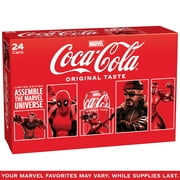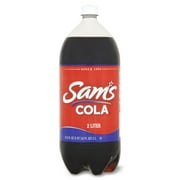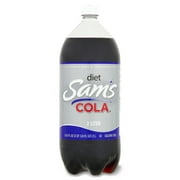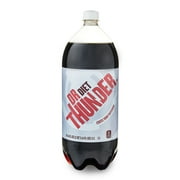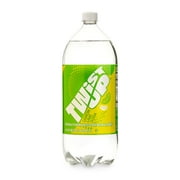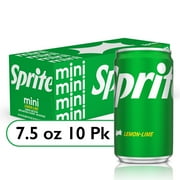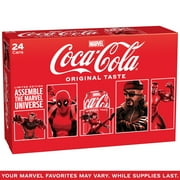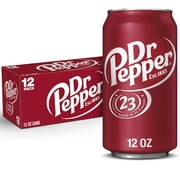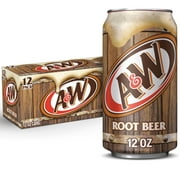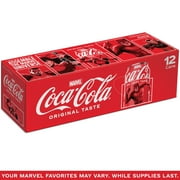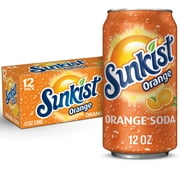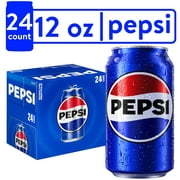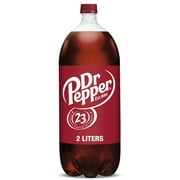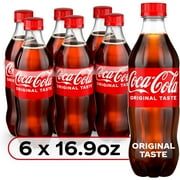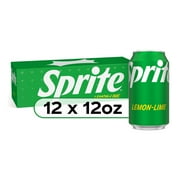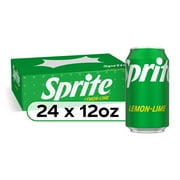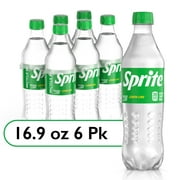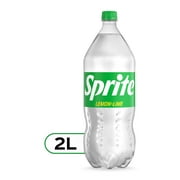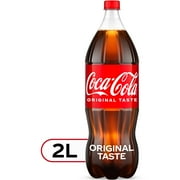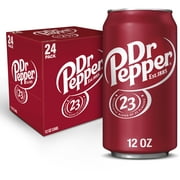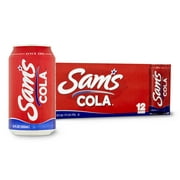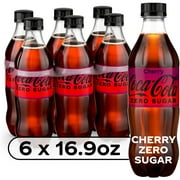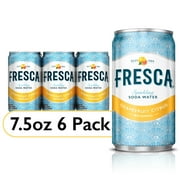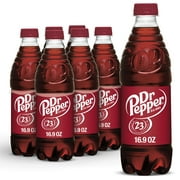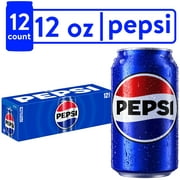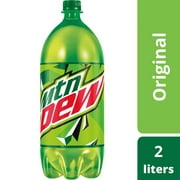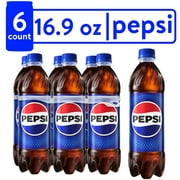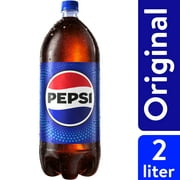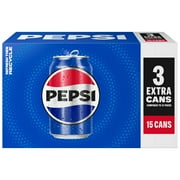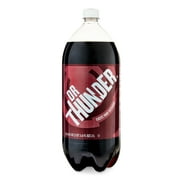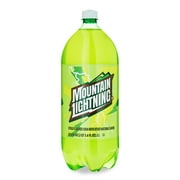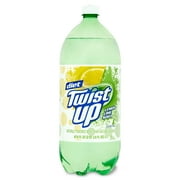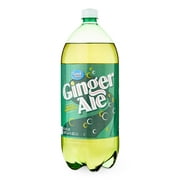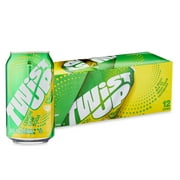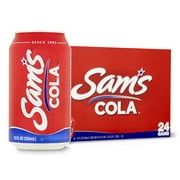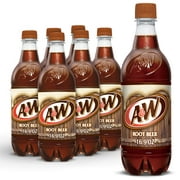Are soft drinks bad for your health?
While soft drinks can be enjoyed in moderation, excessive consumption can have negative health effects. Soft drinks are often high in sugar and calories, which can contribute to weight gain, tooth decay, and an increased risk of diabetes. It's essential to balance your soft drink intake with a nutritious diet and hydrate with healthier alternatives like water or natural fruit juices.
Do diet soft drinks contain any calories?
Diet soft drinks are specifically formulated to be low in calories or calorie-free. They use artificial sweeteners instead of sugar to provide the sweet taste without the added calories. However, it's important to note that some studies suggest a potential link between artificial sweeteners and health issues, so moderation is still recommended.
Can soft drinks be a part of a balanced diet?
Soft drinks can be enjoyed as an occasional treat in the context of a balanced diet. It's important to consider the nutritional value of the overall diet and consume soft drinks in moderation. Choosing diet or light options and drinking plenty of water alongside soft drinks can help maintain a balanced approach to hydration and beverages.
Are there any caffeine-free soft drinks available?
Yes, there are caffeine-free options available in the market. Many soft drink brands offer both regular and caffeine-free versions of their popular beverages. If you prefer to avoid caffeine or are sensitive to its effects, you can choose the caffeine-free options to enjoy the taste of soft drinks without the stimulant.
What are some alternatives to soft drinks?
If you're looking for alternatives to soft drinks, you can consider the following: 1. Water: Staying hydrated with plain water is the healthiest option. 2. Flavored Water: Infuse water with fruits or herbs to add natural flavors. 3. Sparkling Water: If you enjoy the carbonation of soft drinks, opt for sparkling water without added sweeteners. 4. Natural Fruit Juices: Freshly squeezed fruit juices provide natural sweetness and nutrients. 5. Herbal Teas: Enjoy a variety of herbal teas, hot or cold, for flavorful and refreshing options. By exploring these alternatives, you can find beverages that suit your taste and meet your nutritional needs.
Do soft drinks cause dehydration?
Contrary to popular belief, soft drinks do contribute to your fluid intake and can help hydrate your body. However, it's important to note that the high sugar and caffeine content in some soft drinks may have a diuretic effect, which can cause increased urine production. To ensure proper hydration, it's advisable to drink water alongside or instead of soft drinks.
Can soft drinks be enjoyed during pregnancy?
Pregnant women should consume soft drinks in moderation and be mindful of their sugar and caffeine intake. High sugar intake during pregnancy can contribute to excessive weight gain and increase the risk of gestational diabetes. Additionally, caffeine consumption should be limited to a moderate level, as excess caffeine may have adverse effects on the developing fetus. It's always best to consult with a healthcare professional for personalized advice.
Are there any soft drinks suitable for individuals with dietary restrictions?
Yes, there are soft drink options available to suit various dietary restrictions. Some brands offer sugar-free, gluten-free, or vegan-friendly soft drinks. Additionally, there are specialty drinks developed for specific dietary needs, such as low-sodium options for individuals on a restricted sodium diet. Reading the product labels and researching specific brands can help identify soft drinks suitable for your dietary requirements.
What is the impact of soft drinks on the environment?
Soft drinks, like many packaged beverages, contribute to environmental issues due to the production, packaging, and disposal processes. The manufacturing of soft drink containers often involves the use of plastic, which contributes to plastic waste and pollution. Additionally, the carbon emissions associated with production and transportation further contribute to climate change. As consumers, we can make a positive impact by recycling, choosing beverages with eco-friendly packaging, and supporting brands that prioritize sustainability.






















